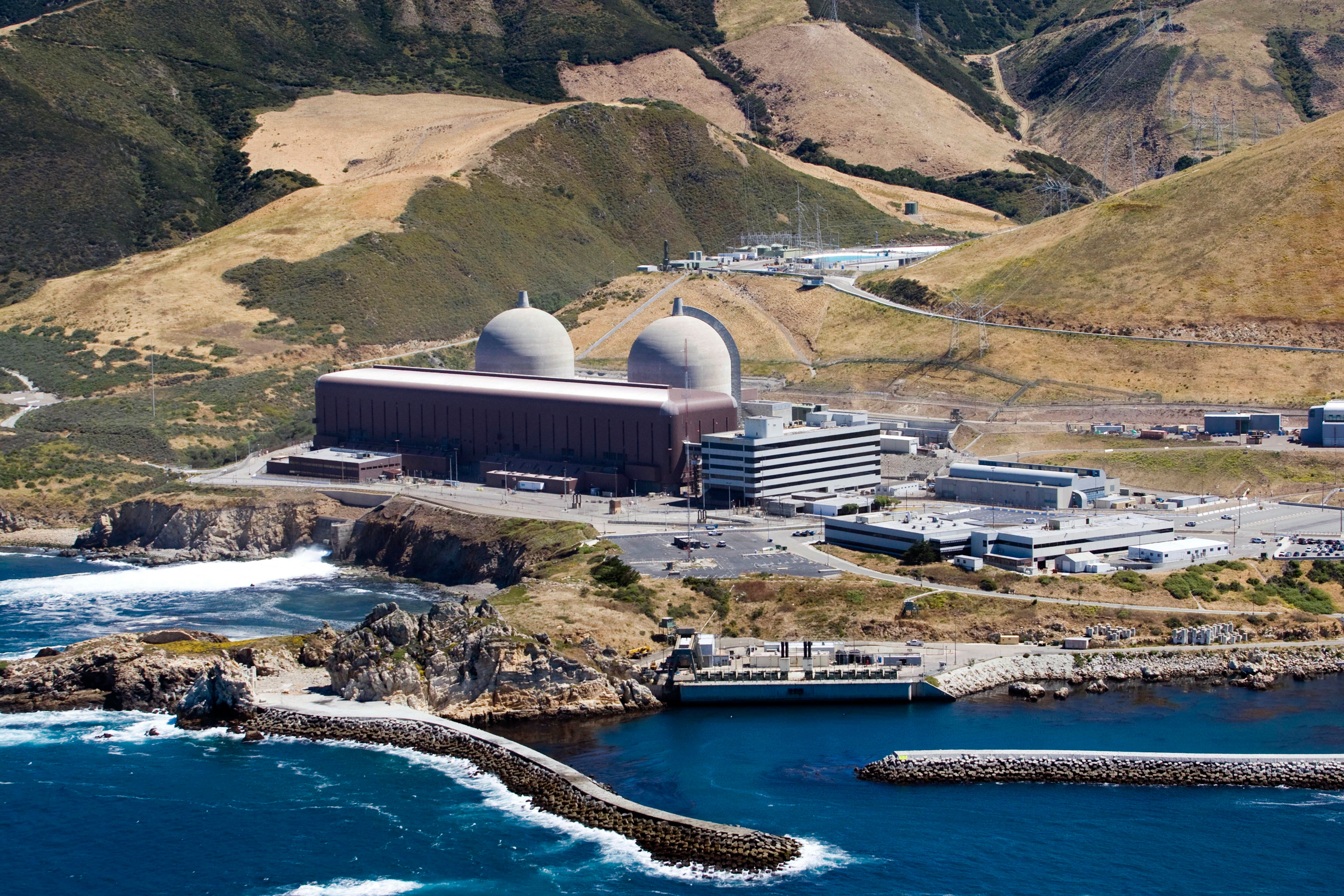Biden administration finalizes a $1.1 billion aid package for California's last nuclear power plant
The Biden administration has finalized approval of $1.1 billion to help keep California’s last operating nuclear power plant running

President Joe Biden's administration on Wednesday finalized approval of $1.1 billion to help keep California’s last operating nuclear power plant running.
The funding is a financial pillar in the plan to keep the Diablo Canyon Power Plant producing electricity to at least 2030 — five years beyond its planned closing.
Terms of the aid package were not released by the Energy Department.
In 2016, plant operator Pacific Gas & Electric, environmental groups and plant worker unions reached an agreement to close the four-decade-old reactors by 2025. But the Legislature voided the deal in 2022 at the urging of Democratic Gov. Gavin Newsom, who said the power is needed to ward off blackouts as climate change stresses the energy system.
California is the birthplace of the modern environmental movement and for decades has had a fraught relationship with nuclear power. Environmentalists argued California has adequate power without the reactors and that their continued operation could hinder development of new sources of clean energy. They also warn that long-delayed testing on one of the reactors poses a safety risk that could result in an accident, a claim disputed by PG&E.
The fight over the seaside plant located midway between Los Angeles and San Francisco is playing out as the long-struggling nuclear industry sees a potential rebirth in the era of global warming. Nuclear power doesn’t produce carbon pollution like fossil fuels, but it leaves behind waste that can remain dangerously radioactive for centuries.
Separately, PG&E has submitted an application to the Nuclear Regulatory Commission for a 20-year extension of the plant's operating licenses, typical in the industry, but emphasized the state would control how long the reactors run.
Bookmark popover
Removed from bookmarks